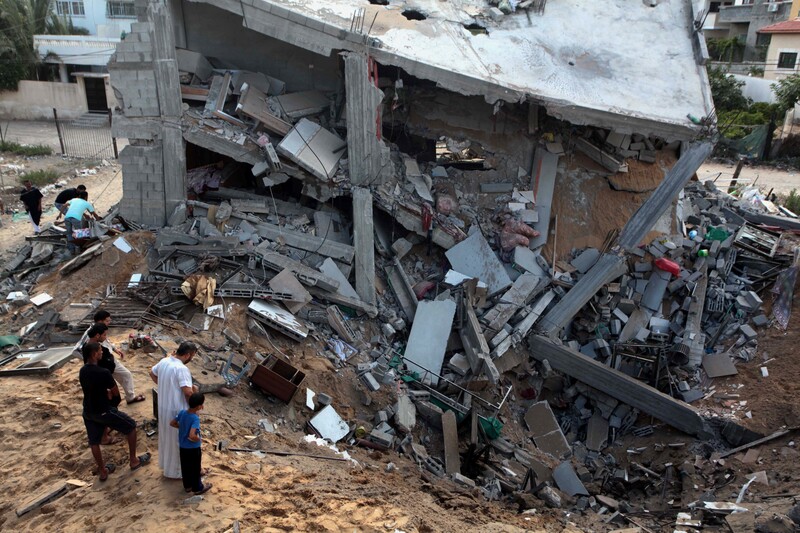The Electronic Intifada Gaza Strip 14 July 2014

Mahmoud Darwish, the great Palestinian poet, once called Gaza “an incomparable moral treasure for Arabs.” No matter what our enemies do, Gaza will “not repeat lies and say ‘yes’ to invaders,” he wrote.
Here is the truth about what our Israeli invaders have done to us in recent days. They have killed more than 170 people. More than thirty of them are children.
They have injured more than one thousand. Most of our victims are civilians.
Everyone in Gaza is a potential target for Israel’s warplanes. We can all be killed — whether we stay at home, go to work, go to a marketplace or pray in a mosque.
No ambition for martyrdom
In Gaza, we call our victims “martyrs,” whether they intended to die or not. Some people in the West find this puzzling. We make no apology for doing so. We have always believed that those who are killed by the Israeli occupation will be rewarded by God in paradise.
I have not been trying to become a martyr. I am a journalist trying to do my job.
Last week, I was trying to ensure that the voices of Gaza are heard in the outside world, something I do all the time.
While I was taking a taxi home after conducting some interviews, I narrowly missed an Israeli drone attack on a motorcycle. Two martyrs died instantly in that attack.
Protecting my children is not easy.
Each day I go to a market near where I live, so that I can buy some food for my family. Munir, my fifteen-year-old son, accompanied me on one of these recent visits. We had to race home. Munir started running first, as we heard the thunderous roar of an Israeli airstrike. I felt compelled to run, too.
When we got back home, I started thinking about what could have happened. What if the Israelis had bombed us?
Too much suffering
Too many people have already lost loved ones. Too many families are suffering.
Muhammad Hamad’s wife, three of his sons and his sixteen-year-old granddaughter were all killed in a bomb attack on Beit Hanoun in northern Gaza.
Eighteen people were wiped out when Israel hit a house and mosque in the Tuffah neighborhood of Gaza City.
Mohammed Khalaf Awad al-Nawasara was just two years old. His brother, Nidal, was four. They were among a family of four killed when Israel bombed al-Meghazi refugee camp in central Gaza.
Risking their lives
Ambulance drivers are risking their lives to bring victims to hospitals. At least two ambulance crew members have been wounded in eastern Gaza City. There are few other vehicles on the road.
It is Ramadan. Usually during this blessed month, we hear vendors calling out to us from their market stalls. They plead with us to buy treats for the iftar, the meal that ends a day of fasting.
Over the past few days, the marketplaces have been silent.
The silence is overwhelming. People on the street look as if they are attending a funeral, as if they are about to bury their dead. Many faces look pale.
This is the third time in less than six years that Israel has subjected us to an all-out attack.
We are traumatized. We are terrorized.
But we are still here. All 1.8 million of us.
Mahmoud Darwish was right. We will never say “yes” to our invaders. They will never defeat us.
Rami Almeghari is a journalist and university lecturer based in the Gaza Strip.




